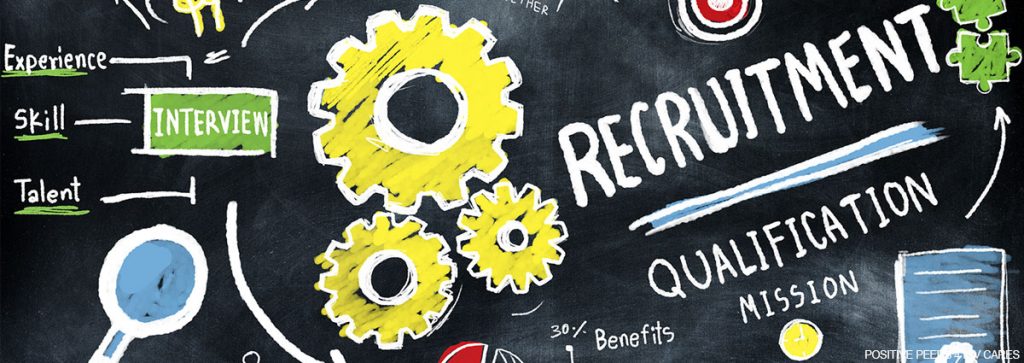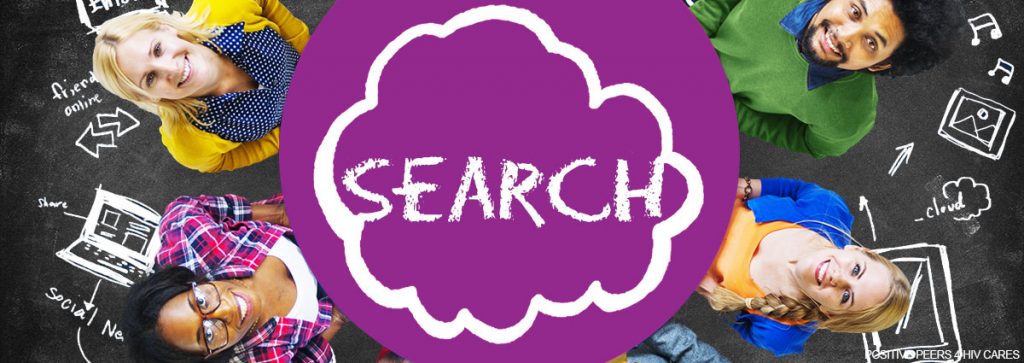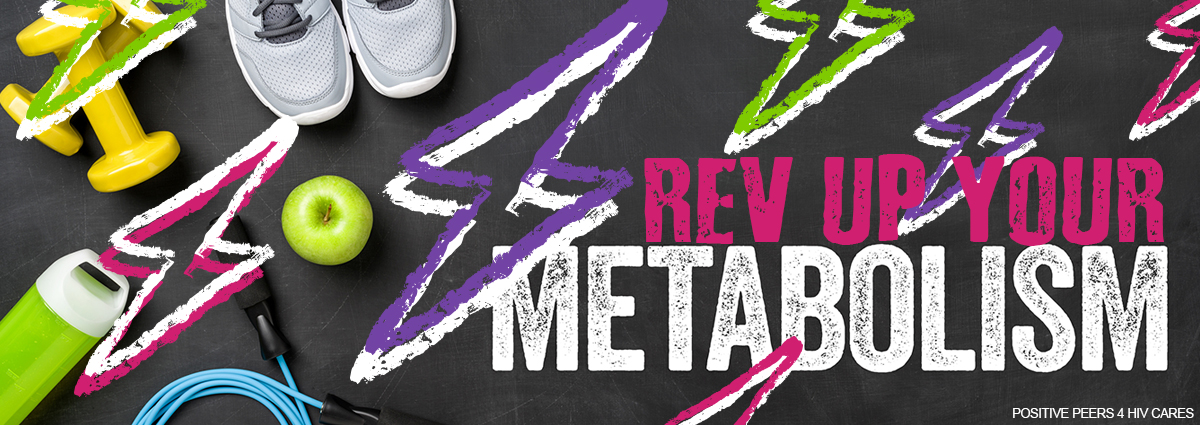
By: Jennifer McMillen Smith, LISW-S, HIV Social Worker at MetroHealth Medical Center and medically reviewed by Ann K. Avery, MD, Infectious Disease Physician at MetroHealth Medical Center
Getting a job is the same for everybody, whether you’re living with a health condition like HIV or not:
- You find an employer who will pay you to do something.
- They hire you instead of somebody else.
OK, it’s a bit more complex than that. Today, we’re talking about dealing with these complications and overcoming them. Having a job means helping other people get things done. It means being part of something that’s worth doing and that is just as valuable as the money you earn.
No matter how tough the job market is, some people still have jobs. So how did they do that? Mainly, they’ve been able to pile up points in the getting-a-job game.
Wait, this is a game?
Yes! The getting-a-job game has winners — those who get jobs — and losers (everybody else).
You score points with:
- Experience: the weeks, months, or years you’ve been working.
- Skills: running machines, counting money, selling products, working the phones — anything you can do that people will pay you to do.
- Knowledge: wisdom you’ve gained in school and on the job.
- Qualities: your work ethic, attitude, enthusiasm, willingness to learn, ability to show up on time.
- Connections: people who know you and trust you to do a good job.
Don’t worry: Everybody who has ever gotten a job started out with none of these things — except their personal qualities that would make them good employees.

Yes, they take points away
This isn’t like basketball or football, where you keep all your points no matter what. You can lose points in the getting-a-job game by:
- Job-hopping: constantly switching from one job to another.
- Goofing off: not taking your work seriously or forcing others to do your work.
- Getting fired: breaking the rules badly enough that your boss dismisses you.
- Stealing: taking money, goods, or services without paying for them.
- Bad habits: failing a drug/alcohol test, bringing personal problems to work.
It’s a good idea to follow the rules on the job because nobody wants to hire a rule-breaker.
So, how does anybody ever get a job?
With all these rules, it might seem amazing that anybody ever gets hired.
But it happens all the time, all around the world. People you’d never expect to succeed get a job, get a promotion, and figure out how to support themselves and sometimes a family.
Here’s where to start:

Count up everything you’ve got that employers want
Even if you’ve never been hired, you probably have qualities an employer needs.
Pretty much all employers want people with an ability to:
- Stay enthusiastic and positive even if it’s a tough job.
- Get along well with other people and be a team player.
- Communicate with others effectively.
- Treat people with kindness, decency, and respect.
- Learn new things quickly.
Also, if you enjoy working with machinery or paying extreme attention to details (like counting money accurately or filling orders), you might also have an edge with employers.
Career experts recommend doing a “skills inventory” where you write down all your abilities and use them to guide your job search.
Come join our private, stigma-free, supportive community.
Health management tools with medication & appointment reminders.
Social networking in a community conversation & private chats.
Talk to people who already have jobs
Ask people you know how they got hired, what it’s like to do their job every day, what they like and dislike about it, how much training they had to get, and how hard the training was.
The more you find out about people’s jobs, the more you’ll see what you need to do to get one of your own.
Start making connections
You can score all kinds of extra points that you might have to work years to get otherwise by connecting with people who already know and trust you. Friends, family, neighbors — all sorts of people might give you a chance when nobody else will.
Another popular tactic is to pick out a place where you want to work and ask somebody who works there what it takes to get hired. Then, just keep talking to them until they have a job available.
You can also contact relatives who have jobs and ask if they’ll help you find work. You may also have friends or neighbors with jobs who can help you out.
Start asking everybody you know, and ask them to recommend people they know.
The most important this in this game is to be persistent and stay positive. You will win!

Start looking for openings
Your social worker should be able to hook you up with employment agencies that hire people with your experience level. You can also look on websites like LinkedIn, Craigslist, Indeed, Monster, CareerBuilder, and more.
Categories that might be good to search are:
- Customer service
- Food/beverage/hospitality
- General labor
- Government
- Manufacturing
- Medical/health
- Nonprofits
- Retail and wholesale
- Sales
- Security
- Transportation
Read their ads and see if the work sounds like something you can do. Pick about a half-dozen places where you’d like to apply and get ready for the next step.
If you’re uncertain or you’re interested in exploring potential careers, you might want to consider AmeriCorps. Similar to the Peace Corps, AmeriCorps is a great way to building experience here in the United States while giving back to your community at the same time.

Start applying for jobs
Often the biggest challenge is getting to work and back — you’ll find this out when you visit the employer and pick up an application.
You might have to take the bus if the job isn’t within walking distance, and you probably wouldn’t want to walk more than a mile or two to the job. If you have a bike, you could travel a bit farther (some buses let you bring your bike along).
Don’t let your enthusiasm to get the job overcome your common sense. It’s usually better to pick up an application and take it home with you to fill it out there — where you have plenty of time to think about what you’re doing, correct spelling errors, and so on.
When you drop off the application, make sure you look presentable. If it’s an office job, you’ll have to dress more professionally than you would for a job in a warehouse. There’s always a chance they may interview you when you drop off the application, so make sure you’re prepared.
Nail the interview
If your application looks appealing to an employer, they might call you in for an interview. If so, then it’s time to get serious. Spend some time at home practicing what you’ll say to the questions they’ll ask. They’ll ask things like:
- What kind of jobs have you had before?
- Can you show up for work on time?
- What are your best qualities?
- What do you want to get better at?
- How would you solve a certain problem?
It’s best to dress professionally and show interest and enthusiasm for the job. Think up a bunch of questions to ask that have nothing to do with pay — things like the schedule, benefits, workload, and what it’s like to work there in general.
This is where you are earning the trust of your future boss. You have to convince them you’re the right person for the job, so choose your words carefully. No cuss words and no complaints about previous jobs (nobody wants a complainer).
More than anything, think about how you can help the company — not how the company can help you. Showing the interviewer that you’re interested in helping the company fulfill its goals will give you an advantage over those who show up at the interview asking, “What’s in it for me?”
Related Blogs:


